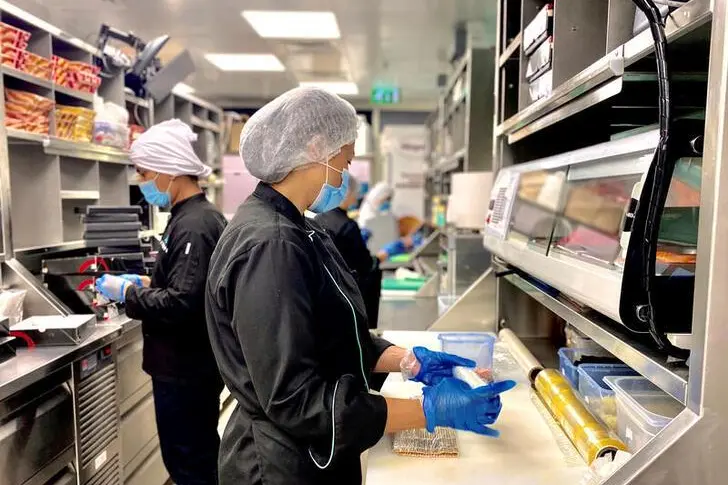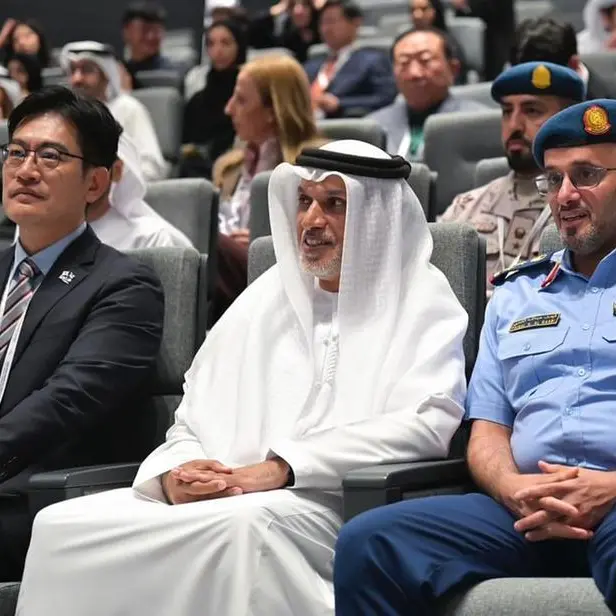PHOTO
A clear governance model and a national food strategy in place helped the UAE stay strong even in the face of a deadly pandemic Covi-19 that wreaked havoc on food imports and supply chains across the world, a UAE minister has said.
Speaking at an online regional conference of the UN's Food and Agricultural Organisation (FAO) for Near east and North Africa, Mariam Al Mheiri, the Minister of State for Food Security, said:"As a country, the UAE imports over 90 per cent of its food. We experienced several supply chain disruptions in the midst of the pandemic with certain food products not making their way into the country. Our crisis management plan, which was part of the food security strategy, was put to the test as we acted and adapted quickly ... to ensure our people had access to safe, nutritious and affordable food at all times. We really benefitted from having a clear governance model in the country in the food security sector."
Al Mheiri affirmed that the world needs to build more flexible and sustainable food systems to be able to face challenges such as those created by the ongoing Covid 19 pandemic, noting that strengthening international community relations is a key pillar to supporting global food security by creating a strong network for food trade.
Talking about the importance of incorporating the private sector to improve food security, she said: "The integration of the private sector is a vital necessity to achieve the goals related to the agricultural sector, especially by start-ups and SMEs,drive innovation and can really accelerate the transition from traditional agricultural systems to smart, more sustainable ones that maximise yield and minimise resource use.
The first substantive activity that the country's food security office did was to "remove barriers that ag-tech companies face and transition to have "more ag-tech companies to help grow UAE's domestic food supplies more sustainably, she added.
"A complete overhaul needed to be done,"Al Mheiri said.
"Governments in the region have a key role to play in formulating food security strategies that enshrine policies for sustainable domestic food production, minimising food loss and waste, improving nutrition and ensuring support from organisations such as FAO, to enable the free flow of food products across borders. The UAE has a national food security strategy with objectives upto 2051 and we would be happy to discuss and support with others in building their food startegies," she concluded.
The two-day conference, held virtually by the Sultanate of Oman, aimed to identify innovative policy solutions related to this year's theme 'Transforming Food Systems to achieve the Sustainable Development Goalsand responding to the impact of the `Covid-19 pandemic'.
The Covid-19 pandemic "is primarily a health crisis, but its impact has touched all parts of our lives, most importantly food security and incomes," said FAO Director-General QU Dongyu.
He noted that the pandemic, and measures to contain it, pose significant challenges especially to the most vulnerable communities, as a compounding threat to existing crises such as conflict, natural disasters, climate change, pests and plagues. "This underscores the need for evidence-based, coordinated policy action and investment to make food systems healthier and more sustainable," Qu added.
Copyright © 2020 Khaleej Times. All Rights Reserved. Provided by SyndiGate Media Inc. (Syndigate.info).





















